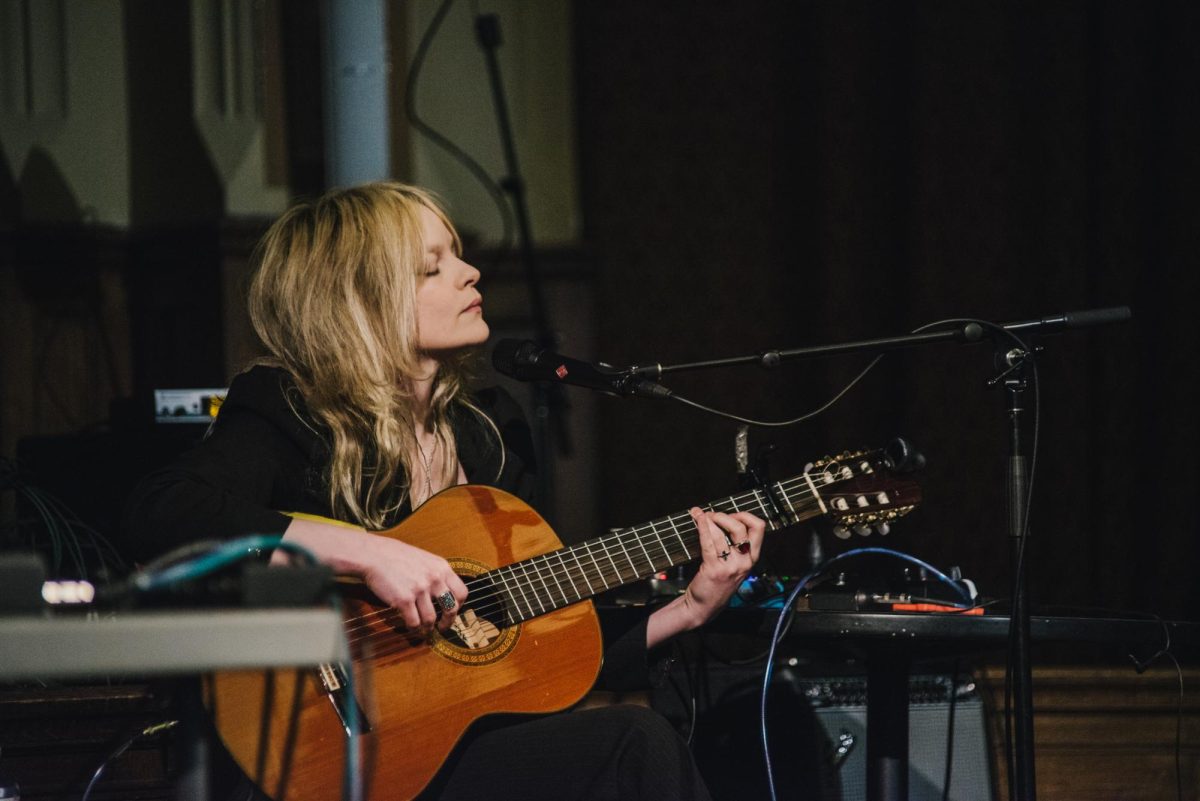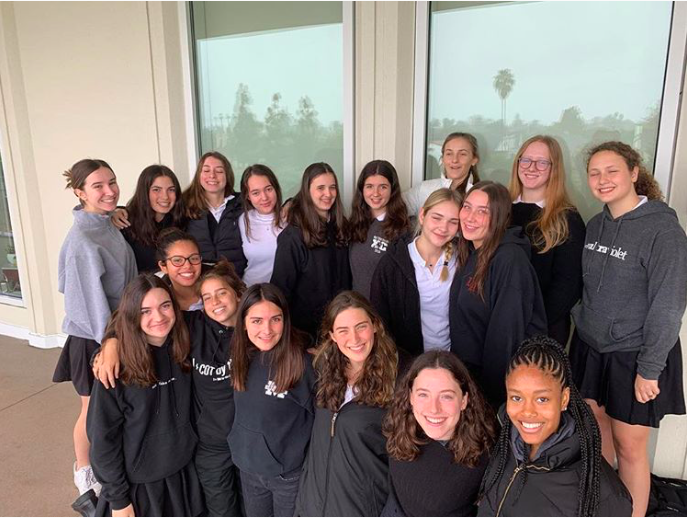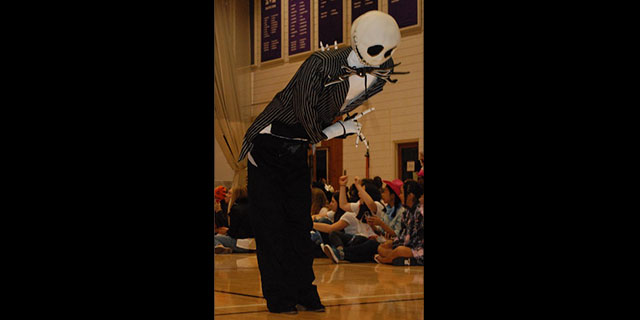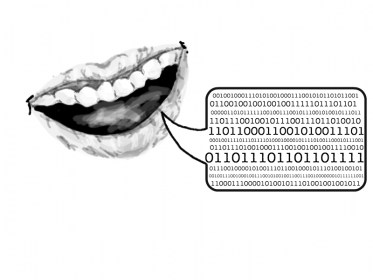Literary scholar Harold Bloom once gushed, “Shakespeare is the true multicultural author. He exists in all languages. He is put on stage everywhere. Everyone feels that they are represented by him on the stage.” Emblemized by the adulation of Shakespeare, Bloom and many of his peer academics see Western literature as the brightest horizon of all that literary texts have to offer. Like the British Empire that helped create it, at one time the sun rose and set on the Western Canon, a set of books deemed to be the greatest and most influential.
Marlborough’s English curriculum makes a point of grounding students in Western classics, including works such as Beowulf, Hamlet, The Great Gatsby and Heart of Darkness. The entire 10th and 11th grade courses are specifically demarcated to the study of American and British texts, respectively. In the modern and increasingly globalized age, however, the question arises if schools should make more of an effort to acquaint students with great literature outside of the Western Canon, especially since the Canon has historically excluded women and people of color.
In his essay “Minority Discourse and the Pitfalls of Canon Formation,” scholar Cornel West contends that the emergence of the Western Canon followed “the decolonization of the Third World associated with the historical agency of those oppressed and exploited, devalued and degraded by European civilization.” Therefore, the canon reflects the xenophobia of its canonizers, making it imperative for readers to look beyond the cultural homogeneity reflected in this selection.
However, Co-head of the English Department David Long asserts that there is a benefit to giving students a basis in these classics.
“I think that the American literary unit and the British literary unit are really crucial for laying a foundation for cultural literacy for English-speaking people, or for people who are American,” Long said. “We’re learning the literature of our national heritage as well as our predecessors in England.”
However, he points out, Marlborough has been making a concerted effort to expand students’ horizons beyond the obvious archetypal English texts. Students read The Book Thief in 7th grade, and in the 9th grade English curriculum, Amy Tan’s contemporary The Joy Luck Club replaced The Odyssey. The freshman short story unit also covers several non-canonical works.
“We both honor the canon but don’t ask students to blindly worship the canon,” he remarked.
Likewise, by the time students have reached senior year and covered what is considered the essential novels, electives that deal explicitly with the literature of diverse groups present themselves as options.
“The students who really embrace their senior year are able to come out that year with a sense of what they like,” he said. “Students can leave saying, ‘I like someone like [graphic novelist] Chris Ware or [Everything is Illuminated author] Jonathan Safran Foer.’”
Co-head of the English Department Deborah Banner specifies that to fully appreciate contemporary literature, one must have a working knowledge of the canon as it informed so many authors.
“It’s important to have a sense of the canonical landscape in order to contextualize the things that fit within it. To move beyond the canon, by definition, means to start with the canon, which means you start inward and then move outward,” she said. “There are sorts of books that really reward study that are critical of the canon. It’s really useful to see how they interact with each other, and fun, in a classroom setting.”
English instructor Chris Thompson alluded to the fact that Marlborough has been leaning toward a more diverse reading selection but pointed out that texts in English class are not always chosen for their content.
“We’re in a good place, and we’re going to be in an even better place soon,” he said. “We teach literature partially for the skills and habits of minds and also for the expression and writing skills you get when being exposed to literature. That doesn’t necessarily require a particular canon of literature based on time, place, author.”
Categories:
Western Canon: To Read or Not To Read?
February 2, 2015
0
Donate to The UltraViolet
Your donation will support the student journalists of Marlborough School. Your contribution will allow us to purchase equipment and cover our annual website hosting costs.






